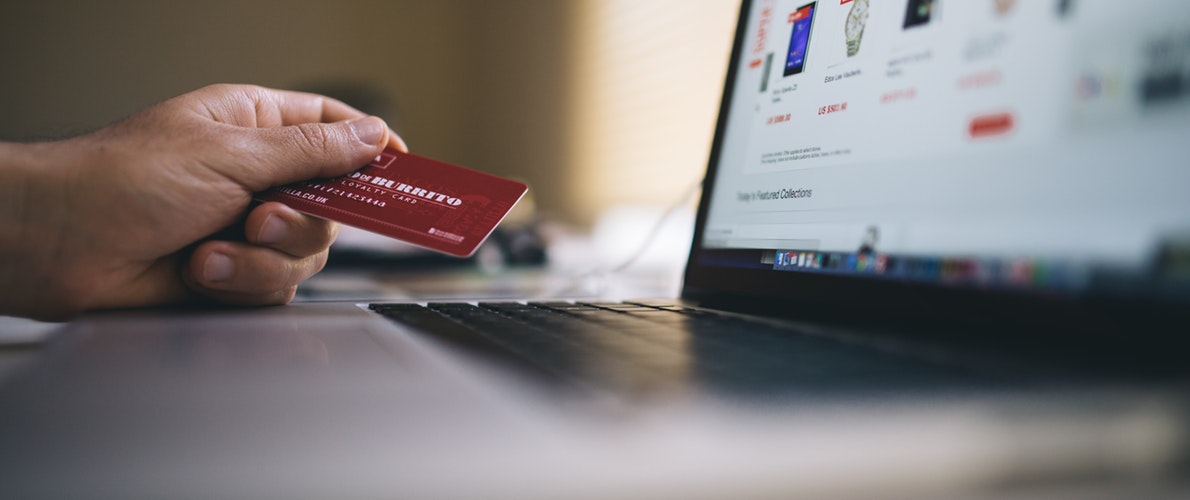Online Safety
Main Content

Protect Yourself Online
In today’s digital world, cyber threats are everywhere. No one can remain passive, which means that we are all responsible for the cyber security of the University. This idea may be new to you, and may seem overwhelming if you are not tech savvy, but SIU provides the security resources and expertise needed to help everyone protect the University and the entire campus community.The most important piece of technology information that you, should remember: if you need help contact SIU’s technology experts by calling SalukiTech by phone at 618-453-5155 or by email at salukitech@siu.edu.
- Guide to Personal Devices
- Guide to University-Owned Devices
I believe my SIU Account has been compromised or I can't login?
Call SalukiTech at 618-453-5155
How can I protect myself online?
- Do not share personal information via email.
- Use a strong password.
- Do not open email attachments from sources you do not trust.
- Back up your devices regularly.
- Do not click on internet pop up ads or videos, especially on social media.
- Keep your browser and operating software up to date.
- Lock your computer when you step away.
What makes a great password?
Use the SIU Password Policy. The SIU policy is a great guideline to use for all your passwords.
- Change your password regularly.
- Use separate passwords for different accounts. If a hacker gains access to one of your accounts, there is no reason they should have access to everything!
- Focus on length! The longer your password, the longer it would take to be cracked. Complexity does not always beat length.
- Use a password manager! Password managers help you keep track of all the different passwords you have.
What can I do to keep myself safe on social media sites like Facebook?
- Keep Private Information Private. Do not post your social security number, PIN or other secure information – particularly in pictures.
- Personal Information is Personal. The more information that you post, the easier it is for a hacker to steal your identity.
- Use Privacy Settings. Control who sees what.
- Only accept friend requests from people you know. Block threatening or harassing people.
- Beware of Links. Phishing scams happen on social media too.
- Trust Your Instincts. If you feel threatened by someone or uncomfortable because of something online, you should report your concerns to the police and to the social networking site.
I believe my identity has been stolen what should I do next?
- Go to IdentityTheft.gov for a comprehensive resource for identity theft.
- Place a fraud alert on your credit file by contacting any one of the three nationwide credit reporting agencies listed below. The alert will stay on your credit reports for 90 days.
- Equifax, (800) 525-6285
- Experian, (888) 397-3742 (fraud alert process available online)
- TransUnion, (800) 680-7289



